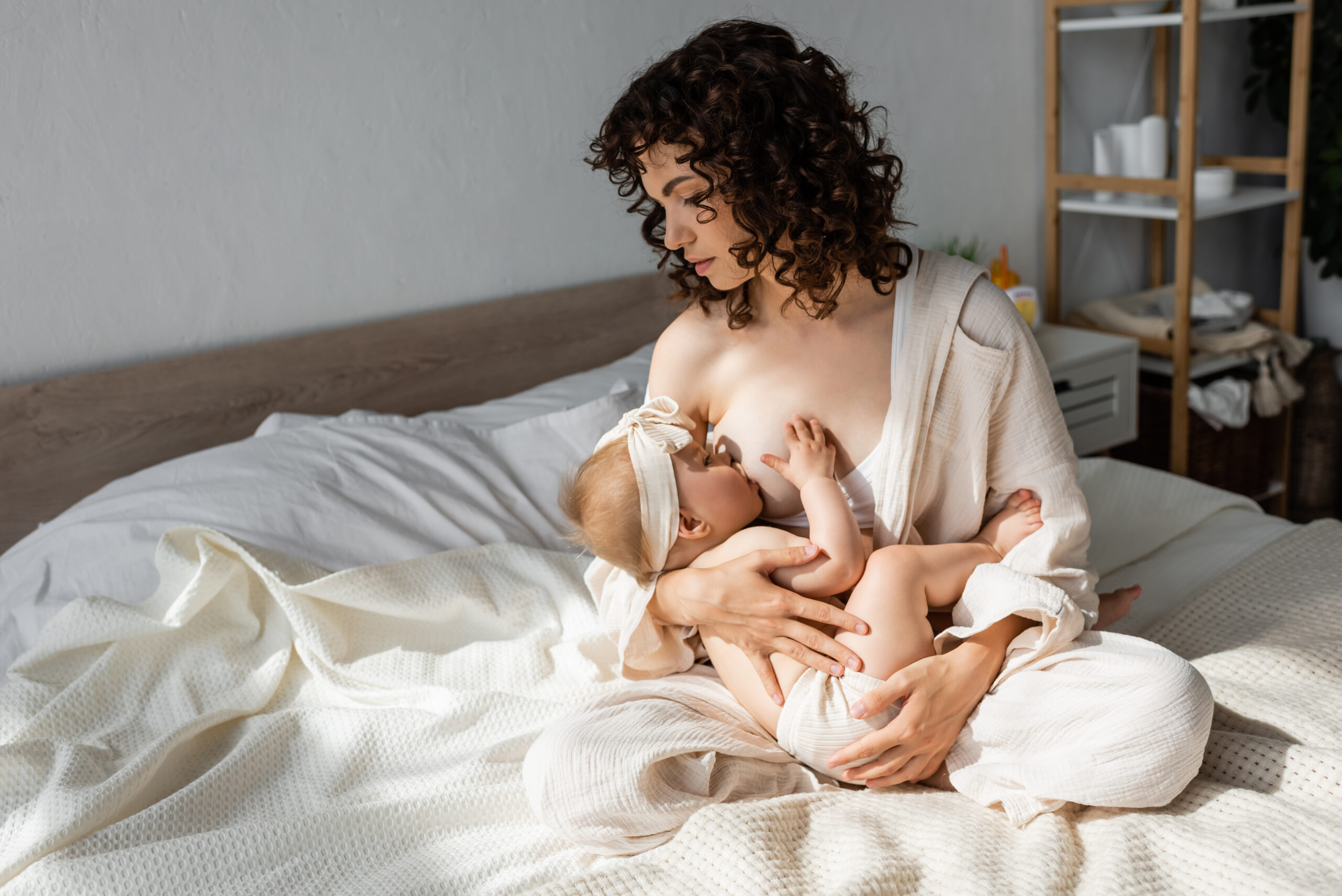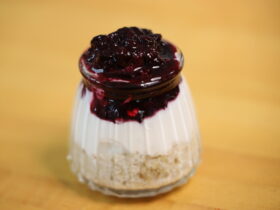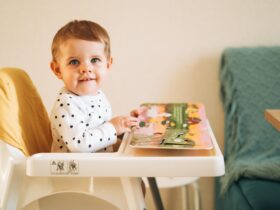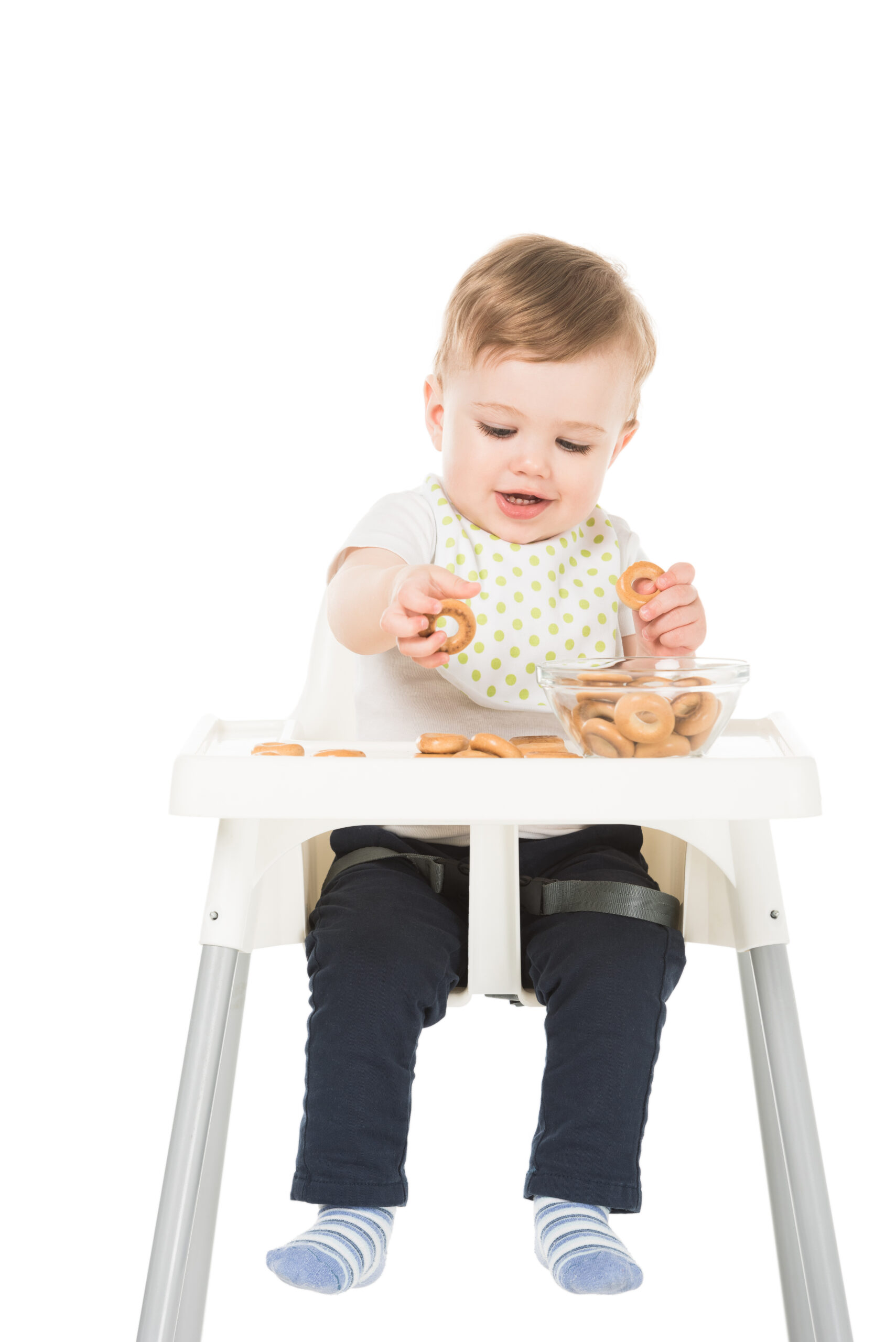Life Saving Sore Nipple Remedies

Sore and cracked nipples can be a real problem for breastfeeding mammas. I experienced this off and on my breastfeeding journey. In the thick of it, I was desperate enough to try any kind of natural remedy I came across. Outlined below are some of the strategies that helped me the most, which can hopefully save you some time, money, frustration and pain! It is also very important to note that if you are having any nipple pain, blisters, or callouses when breastfeeding, contact a lactation consultant. They can address latch, positioning, and do a complete oral assessment to help address any problems that are unique to your situation.
Prevention
Pumping:
Lightly lubricate the flange with a moisturizer before pumping, such as coconut oil or breastmilk. Also, make sure you have the correct flange size, with only the nipple being pulled in during the suction and not the areola. Moreover, use a gentle setting that causes no discomfort when pumping, versus a higher suction setting.
Topical Remedy:
Medihoney makes a product that is safe for baby because it is from sterilized, medical grade honey. It cleans a wound, lifts dead tissue, and provides a moist healing environment. Following the protocol on Lactation Hub, first gently cleanse the nipple area with a warm cloth and then apply a small amount of Medihoney to the nipple and areola. Prior to nursing, remove any Medihoney with a warm cloth. Once the ointment is applied, you can place a dressing (such as a nursing pad) to protect the area and decrease chafing.
Protection
Nipple Coverings:
These helped me the most when I had cracked nipples during pregnancy. Before applying them, you can rub a small amount of nipple moisturizer cream (I like Earth Mamma or Motherlove) or colostrum/breastmilk around the nipple and areola. Next, place the Silverette over the nipple area under your bra. Make sure to remove the Silverettes for a few minutes throughout the day to aerate to prevent any potential bacterial growth.
A word of caution: Lanolin is the most commonly provided nipple protection ointment provided to breastfeeding moms in the hospital, but it contains a common allergen and should be avoided if allergic to wool.
Soaked Cotton:
If you have a milk bleb, lightly soak an organic cotton pad in olive oil and let it rest on your nipple inside your bra. This will help soften the area and will eventually heal as the baby nurses and the extra skin is gently pulled off.



